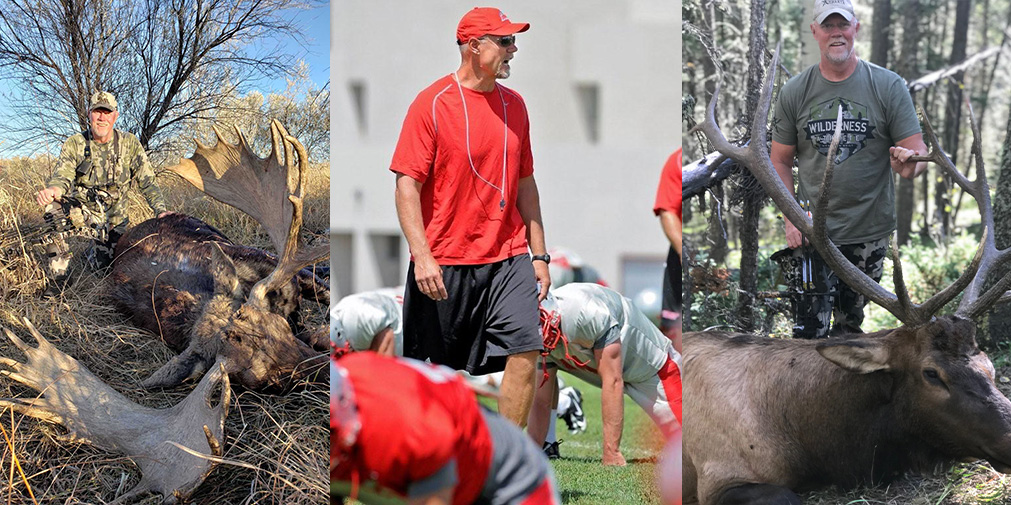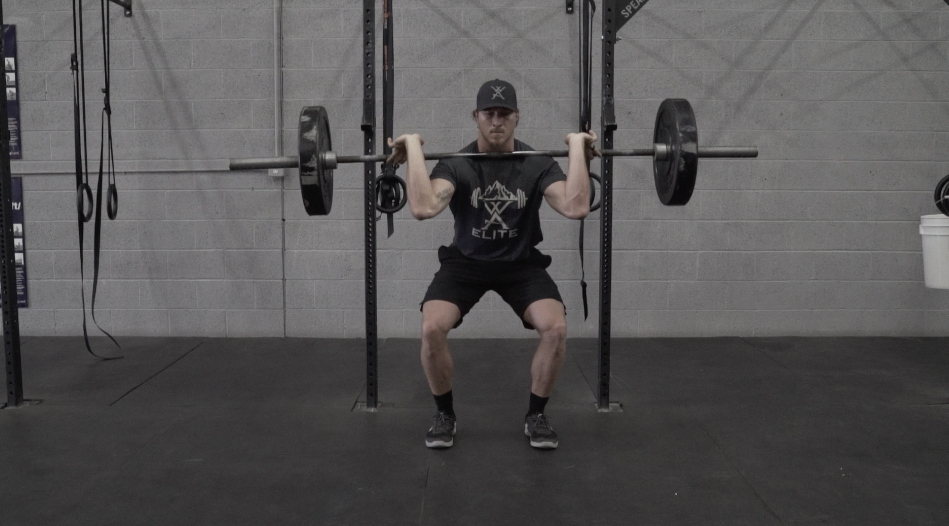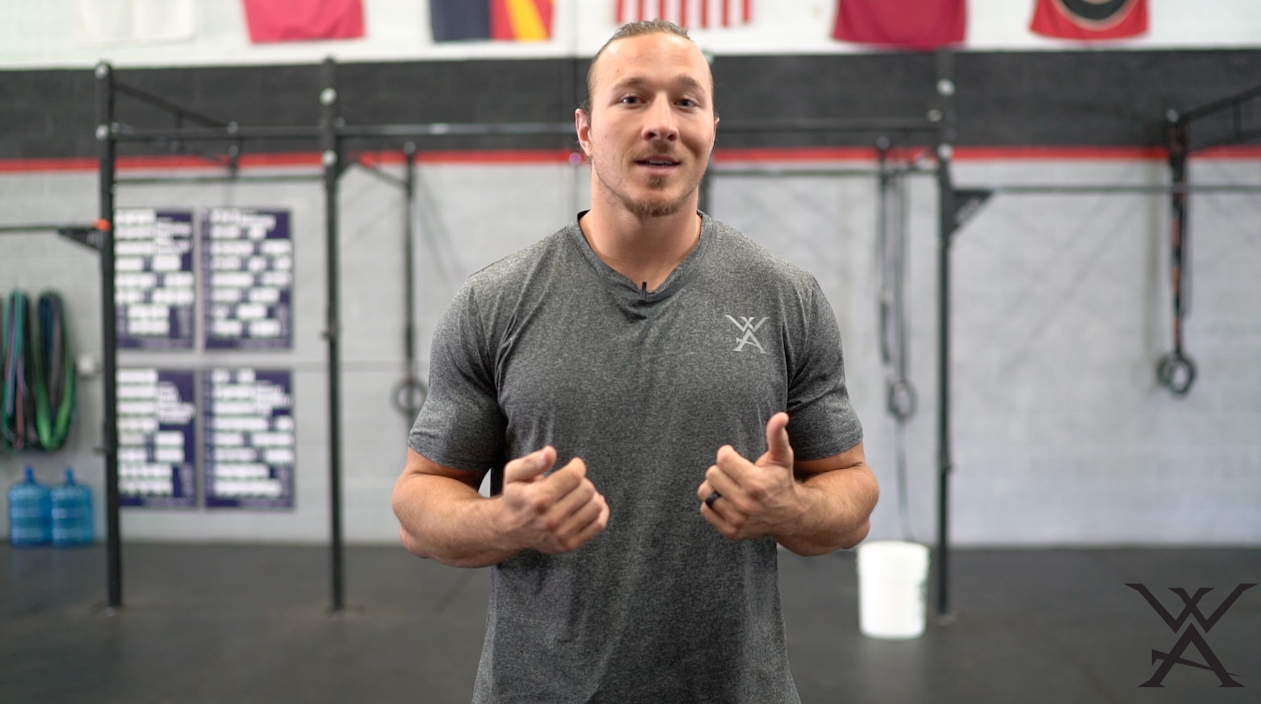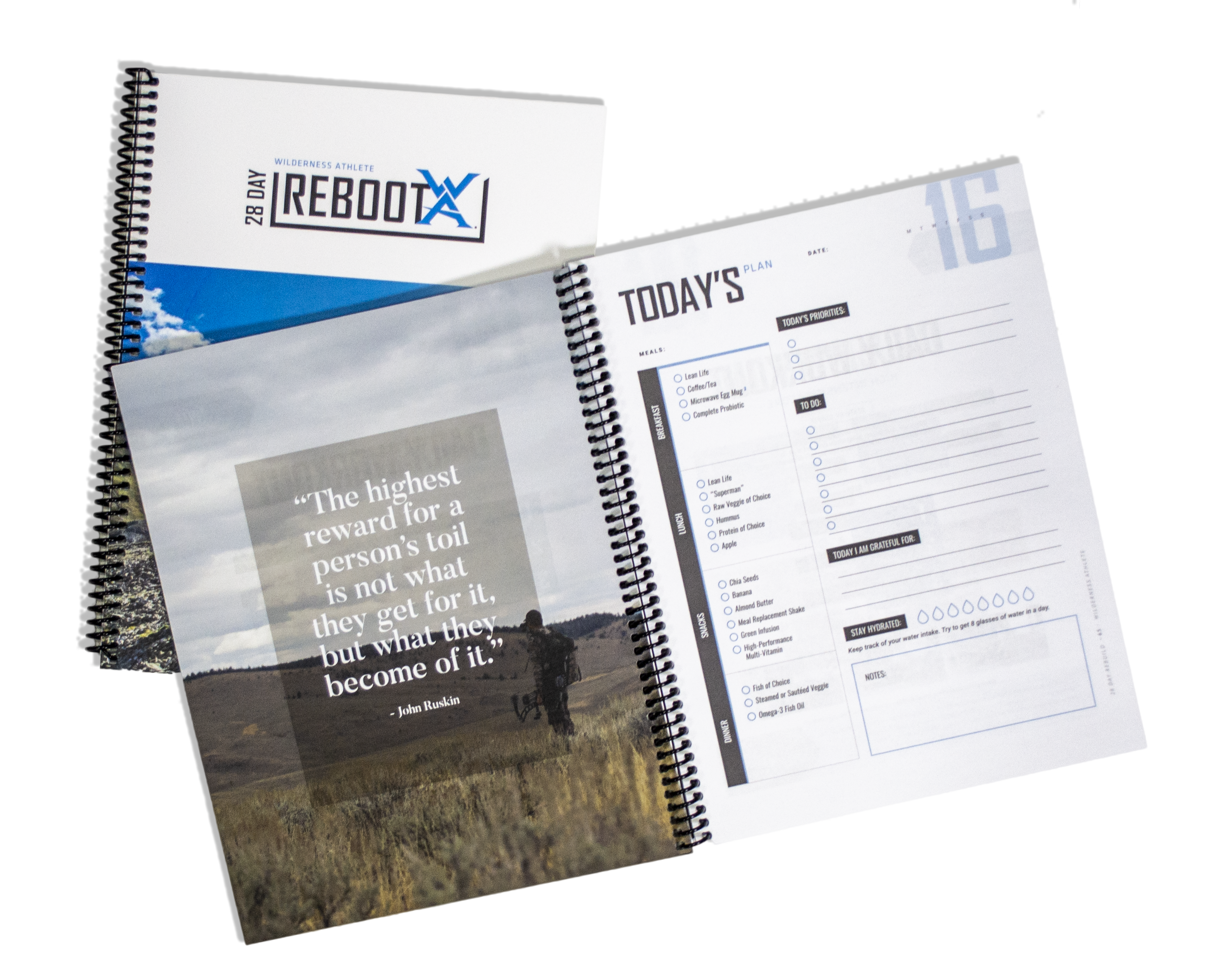For many of us, the memories of fall are now in the books. It’s those cherished memories that fuel our offseason goals of getting back to “that place”. I was fortunate enough to take a nice archery bull myself, and I felt so much better in the process than I did a year ago. I really struggled having spent too much time in the weight room and too little time on my lungs.
This year I set a goal of dropping 20 lbs., losing some muscle in the process, and really focusing on my apparent weakness – cardio! How about you? I want you to take a few moments while it’s fresh in your mind and evaluate your experience from a physical perspective. How did you feel physically? Were you out of breath, huffing and puffing so often that it wasn’t as enjoyable as it could have been? Were your legs on fire coming out of canyons? Did your pack seem to weigh 100 lbs., even though it was only 30? Ponder not only what you struggled with, but also where you felt confident and strong.

Vision and Planning
In Steven Covey’s highly acclaimed book, Seven Habits of Highly Successful People, he discusses the need to “begin with the end in mind”. What are you trying to achieve? Once you’re crystal clear about your goal, the next step is to draw up a plan and execute it!
I’m a big believer in vision! What is it that drives you day in and day out to strive to be better? Neitzsche’s quote, “He who has a why to live for can bear with almost any how” applies here. Now, there’s obviously more to life than hunting, but hunting and all the components of the hunter’s lifestyle can definitely invoke passion and provide the fuel to stay healthy year in and year out.
I want you to consider setting concrete goals for next year ASAP. Why? Because the best way to get in great shape is to not let yourself get too far out of shape. The “G” word, GOAL, used to drive me a bit batty. I didn’t really understand the pulling power of goals as a younger man, but as I was exposed to more successful coaches, I came to see how they positively manipulated athletes through short and long-term goal setting.

Goal Setting Your Way to Success
Another example of short-term goals – and I mean real short – comes from my experience working with coach Steve Alford, the former basketball coach at UCLA. Coach Alford’s approach was to break a basketball game down into four-minute intervals. Every four minutes there is a scheduled TV timeout, so the objective was to play like your hair was on fire for four minutes and then sit down and evaluate what was working and what wasn’t. The goal was to win this next four-minute contest. Pretty simple…and simple is good.
Whether you choose to establish daily, weekly, monthly, or yearly goals, I want to impress upon you how important this exercise can be.
Before I lay out a simple goals acronym that you can incorporate into your routine, let me be clear about one thing. We all have a full plate of life today. Spouses, children’s activities, civic responsibilities, church functions, work, on and on. You already get up early and go to bed late. Adding one more thing to this full plate is nearly impossible.
So what’s the answer? Take something off your plate. There’s no way around it. Many of these time-sucking commitments are enjoyable and incredibly fulfilling. However, killing yourself in the process of saving the planet will get you 15 seconds on the evening news. You must set your priorities and not allow yourself to get sucked into this multi-activity vortex that is becoming today’s norm. Be selfish about this one thing, because the reality is your health affects everyone around you.
Steven Covey called this “Sharpening the saw”! So, get the file out and let’s look at your goals and how goalsetting can hold your feet to the fire for a healthier future.

S.M.A.R.T. Goals
- SPECIFIC: Goals should be simplistically written and clearly define what you’re going to do.
- MEASURABLE: Goals should be measurable so that you have tangible evidence you’ve accomplished the goal.
- ACHIEVABLE: Goals should be achievable. They challenge you, but be possible to achieve. You must possess the appropriate knowledge, skills, and abilities needed to achieve the goal.
- RESULTS FOCUSED: Goals should measure outcomes, not activities.
- TIME BOUND: Goals should be linked to a timeframe that creates a practical sense of urgency or results in tension between the current reality and the vision of the goal. Without such tension, the goal is unlikely to produce a relevant outcome.
I want to encourage you to get going, but don’t overthink it. I don’t care what mode of exercise you choose to incorporate; what I can tell you is the smallest action is better than the greatest intention. Good nutrition + active lifestyle + proper rest = success. Now go “Sharpen the Saw” and Stay Wild!
~ Coach P






